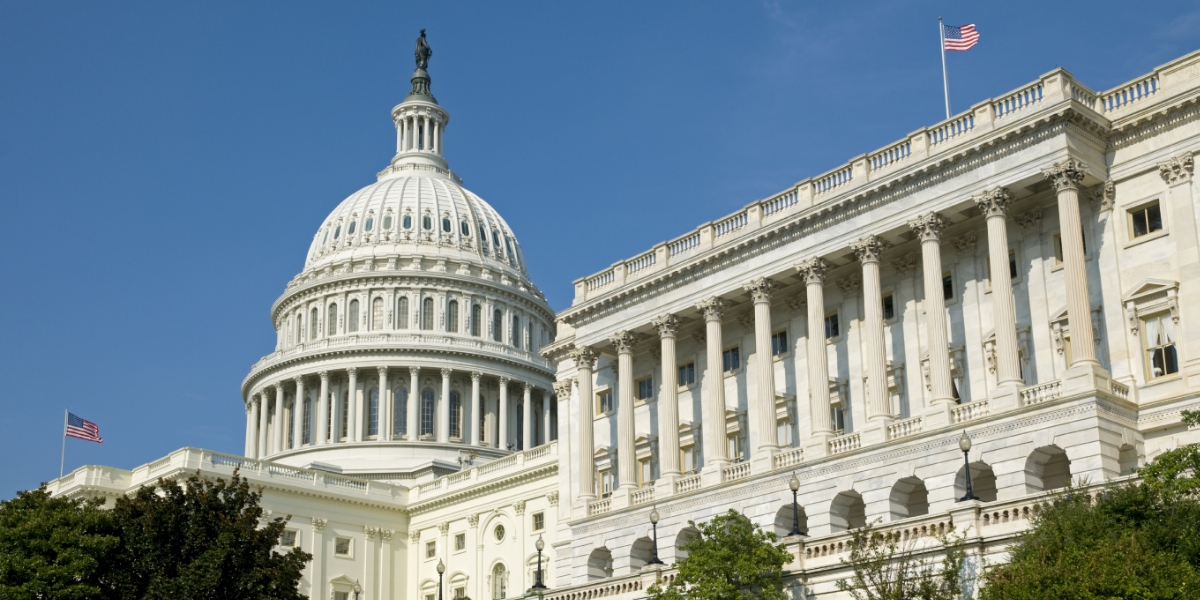Are All Liberals Progressives?
Share
By Hillsdale College Online Courses April 27, 2015
The two terms, often used of the same set of people, have not always been synonymous. In fact, in the Founding era, most supporting republican government would have called themselves Liberals. Today, however, modern liberalism takes pains to identify itself with the progressive movement, in an attempt to avoid the stigma earned by recent liberals.
The following is a clip from Q&A 7 of Hillsdale’s Online Course: “Constitution 101," featuring R.J. Pestritto, Professor of Politics, and John J. Miller, Director of the Dow Journalism Program.
Transcript:
John Miller: We use the word progressive throughout this lecture, but at some point the progressives become the liberals in the 20th century. Now the liberals are starting to call themselves progressives again. Is this just a semantic difference or are there real differences between these two? Can you sort this out for us?
RJ Pestritto: It's a good question to start with because there's a very interesting history to this. Even if you go back a little bit in American history the term liberal, which has taken on a certain connotation in contemporary politics in our time. Of course, the term liberal meant something very different during the American founding era. The founders by and large would have considered themselves to be liberals. Often I suppose we might use the term today "classical liberal" to refer to somebody who sees the role of government as limited, who thinks the end of government is the securing of certain basic rights.
That's a very different understanding of liberal than we've come to have today in the context of contemporary politics, where we tend to think of liberals ... labels aren't entirely useful all the time but we tend to think of liberals as the big government folks. It's very different than the classical founding era liberal.
Today certainly I think the terms progressive and liberal have become very interchangeable and it's true that modern liberals have come to latch onto the term "progressive" quite consciously. It's not just another nicer way of saying liberal. Liberal became a dirty word in the context of the political debates going back to the 1980s, as you know.
Some of our more liberal politicians today have consciously identified themselves. Mrs. Clinton, for example, going back to the 2008 presidential primary where she was asked by a member of the press, "Are you a liberal?" She said "Oh no no, I'm a progressive, and by that I mean going back to the original progressive era." There's been a conscious attempt by modern liberals to recapture what they consider to be the roots of their own politics. It's not exactly a straight line, of course. The development of political thought in the 20th century is very complicated, but certainly there is a self-conscious identification of liberals with progressives today.

